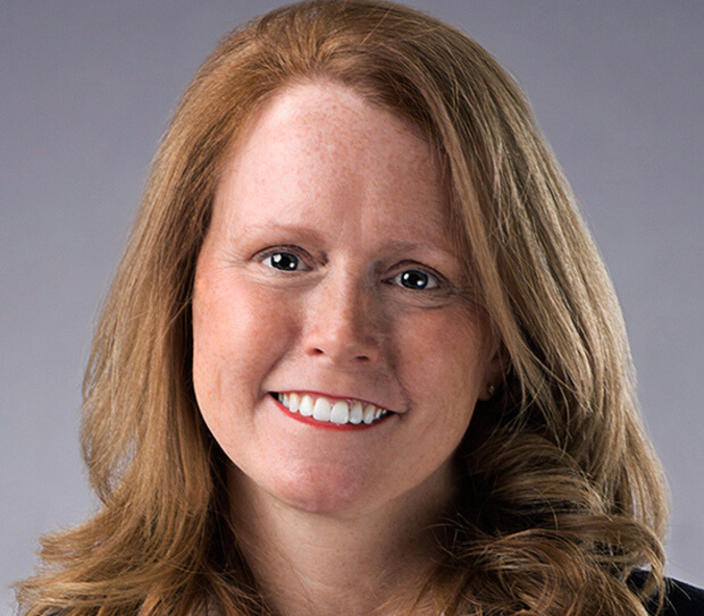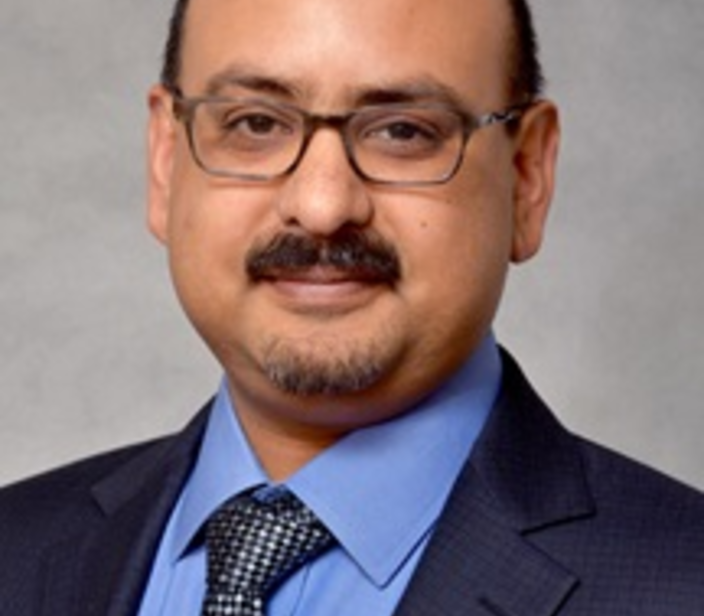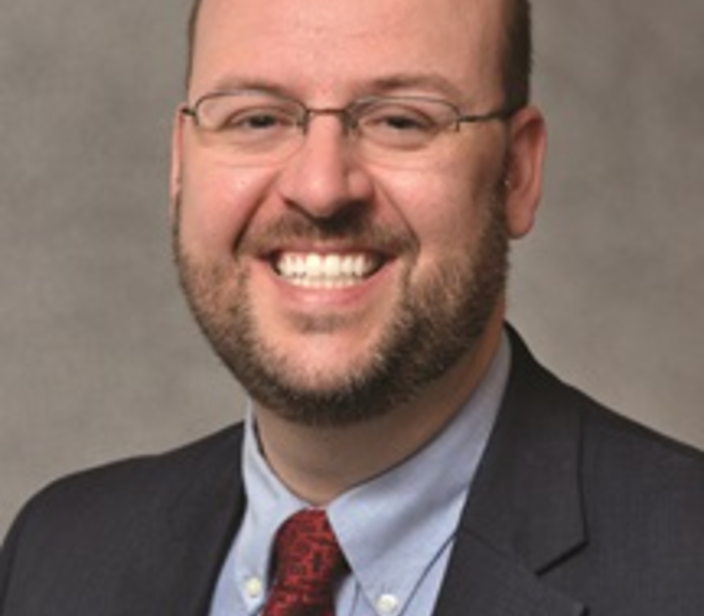Cardiothoracic Surgery Fellowship
The Divisions of Cardiothoracic Surgery and Thoracic & Foregut Surgery at the University of Minnesota strive to provide the ideal educational environment in the discipline of cardiovascular and thoracic surgical sciences to educate fellows, general surgery residents, and medical students to become safe, competent, and innovative cardiovascular and thoracic surgical leaders.
The fellowship in Cardiothoracic Surgery at the University of Minnesota received initial ACGME-accreditation in 1988 and is a three-year training program. There are two fellows at each year of the fellowship, for a total of six fellows. Each year, two fellows finish the program. The fellows receive full training in adult and pediatric cardiovascular and thoracic surgery. This position offers vast operative experience in complex adult cardiac surgery, thoracic and minimally invasive thoracic surgery, heart failure intervention, ventricular assist devices, thoracic transplantation, endovascular stenting procedures, and congenital heart surgery.
The fellow is the primary surgeon on approximately 80% of all surgical procedures with guided responsibility. The program is designed and has the volume to support tracking. Both cardiothoracic and thoracic track options are available and are tailored to fit the career needs of each fellow.
Fellow Perspectives
Aitua Salami, MD, MPH
"At the University of Minnesota CT fellowship program, fellows are exposed to all aspects of general thoracic surgery, cardiac surgery and cardiopulmonary transplantation over the course of their training. UMN CT trainees enjoy invaluable operative experience in diverse clinical settings, and the experience is complemented by a collegial group of surgeons with diverse skill sets who are passionate about teaching and mentorship, and attend to the unique educational needs of each trainee. In addition to an exposure to minimally invasive techniques and cutting edge technology, the case volume, complexity and diversity allow for tracking based on the career interest of each trainee, such that at graduation, UMN CT trainees are invariably ready for independent practice in an academic or private practice setting. Fellows are also supported to participate in research and seek out opportunities for professional development relevant to their career interests."
Aitua Salami, MD, MPH
Thoracic Surgery Fellow
Ankit Verma, MD
"The Cardiothoracic Surgery Fellowship at University of Minnesota is the place to be for surgeons who want comprehensive hands-on Cardiothoracic Surgery training. Our program prides itself on the autonomy given to fellows from day one and on allowing senior fellows to function as junior faculty, operating independently. As such, our trainees are very comfortable right out of fellowship and are able to practice without the need of any additional training. The faculty are all very kind and great to work with, both in the operating room and on the floors. They are truly role models in every respect and are people you would want to have as partners in the future. Our program focuses on training the leaders of tomorrow by encouraging innovation at every level of patient care. Given the opportunity to train again, I would definitely choose to come to University of Minnesota for my Cardiothoracic Surgery Fellowship."
Ankit Verma, MD
Thoracic Surgery Fellow
Azmath Mohammed, MD
"The University of Minnesota is simply a top tier program to train the next generation of cardiothoracic surgeons in the 21st century. It caters to individuals who have a strong desire to become independent surgeons right out of training. The program is designed to teach you necessary surgical skills but also develop clinical skills to lead the ideal ‘Heart Team.’ The wide complexity of cases will give you an edge to operate in any settng beyond fellowship. In the third year, fellows have ample autonomy inside and outside the operating room; similar to a practicing junior attending. Our mentors are kind, encouraging but also challenge you to push yourself to maximum efficiency. The program takes pride in training world class cardiothoracic surgeons that will provide only the best care to their patients."
Azmath Mohammed, MD
Thoracic Surgery Alumni
Emily Rapstine, MD
Emily Rapstine, MD
Thoracic Surgery Alumni
Aitua Salami, MD, MPH
Aitua Salami, MD, MPH
Thoracic Surgery Fellow
How to Apply
Accreditation Council for Graduate Medical Education (ACGME) Eligibility Requirements Effective July 1, 2022
All required clinical education for entry into ACGME-accredited fellowship programs must be completed in an ACGME-accredited residency program, an AOA-approved residency program, a program with ACGME International (ACGME-I) Advanced Specialty Accreditation, or a Royal College of Physicians and Surgeons of Canada (RCPSC)-accredited or College of Family Physicians of Canada (CFPC)-accredited residency program located in Canada.
Independent thoracic surgery fellowship education must be preceded by a successfully completed residency program that satisfies the requirements in III.A.1. in surgery, vascular surgery, cardiac surgery, or thoracic surgery. Eligibility exceptions are not permitted by the ACGME Review Committee for Thoracic Surgery.
Visa Policy
The J-1 alien physician visa sponsored by ECFMG is the preferred visa status for foreign national trainees in all U of MN graduate medical education programs, as well as the Thoracic Surgery training program. We will also consider applicants with H1-B visas. Additional information on the Institution visa policies can be found on the UMN-GME webpage.
Application Instructions
Please submit your application via ERAS (ACGME ID: 4602621046, Program Name: University of Minnesota Program, Minneapolis, MN).
The required electronic application documents are as follows:
- Common Applications Form
- Personal Statement
- 3 Letters of Recomentdation
- Photo
- ECFMG Status Report (foreign medical graduates only)
We look forward to receiving your application documents electronically. If you have any questions, please email nguye432@umn.edu.
Verification of Training
Requests to verify a Cardiothoracic Surgery fellow's training at the University of Minnesota need to be emailed to nguye432@umn.edu or faxed to the attention of Verification Processing at 612-625-4411. For verification of subspecialty training, please contact the subspecialty directly.
To verify professional liability insurance information for a former UMN resident or fellow, find instructions on the Medical Malpractice Credentialing/Insurance Verification site.


